Land is by far the most important resource necessary for subsistence. However, in the arid and semi arid zone of northern Nigeria there is widespread land degradation, mainly attributed to deforestation. Link/Page Citation This story, the fourth slot in the series, sourced from the International Centre for Investigative Reporting (ICIR), was first published online on January 18, 2016. In Nigeria, the rate of deforestation appears to have accelerated in recent years. In 2005, Nigeria attracted another unwanted record, this time on United Nations Food and Agricultural Organization (UNFAO) grading list as the country with the highest rate of deforestation. Change in Forest Cover: Between 1990 and 2010, Nigeria lost an average of 409,650 ha or 2.38% per year. Nearly a decade later the situation is worsening as the continent's last intact rainforests in countries such as the Democratic Republic of the Congo, Gabon, Equatorial Guinea and Nigeria become increasingly fragmented. It’s fairly serious because wood is still used for cooking fuel in many places, as well as construction using lumber and people clearing land for more housing or farms. Maureen Ihua-Maduenyi. Between 1990 and 2015 the world lost over one hundred and twenty nine million hectares of forest, an area the entire size of South Africa. Link/Page Citation This story, the fourth slot in the series, sourced from the International Centre for Investigative Reporting (ICIR), was first published online on January 18, 2016. However, as the deforestation crisis has not improved and Nigeria has maintained its spot as the country with the most deforestation on Earth, access to critical forest resources may be in danger. This finding was corroborated by the report of IITA (2011), in which the organisation rated the nation the worst on earth in terms of deforestation. The key environmental issues facing Nigeria include land degradation, deforestation, and land, water and air pollution among others. Agricultural Activities: The population of Nigeria has been in a steady increase, and there is a dire … Ass. Corruption by local officials and sharp practices by Chinese businessmen drive a thriving illegal trade in timber from Nigeria and a large part of West Africa with grave consequences for the economy, ecosystem and the environment. Nigeria News - At 11am, Elizabeth takes a panga from the store and heads out into the hills where she meets her friends from the neighbourhood. The effects of deforestation have led to a decline in forest cover, forest degradation and loss of biodiversity. The Nigeria Handbook. Notes on deforestation for cocoa beyond West Africa: Globally: Global forest loss caused by cocoa production was roughly 2-3 million hectares from 1988 to 2008, which equaled approximately 1% of total forest loss. A day after Eid el-Fitr three years ago, residents of Bauchi and environs experienced a terrible sandstorm for the first time. belt of southwest Nigeria), use of fuel wood and logging as major drivers of deforestation in the country13. Of deforestation and climate change in Nigeria. Deforestation has been responsible for the depletion of flora and fauna, thus exposing rich agricultural land to the forces of erosion and desertification. The study was The rain forests in the Gulf of Guinea in Cameroon and Nigeria are a so-called hotspot of biodiversity. Simply, put land is that part of the earth's surface that is not covered by water, To this has to be added The area of other wooded land globally decreased by about 3. Corruption by local officials and sharp practices by Chinese businessmen drive a thriving illegal trade in timber from Nigeria and a large part of West Africa with grave consequences for the economy, ecology and the environment. It was disastrous. The awareness of the many services provided by tropical forest (Costanza et al. Nigeria loses between 450,000 and 600,000 hectares of forest to deforestation annually to rank among the countries with the highest rate of deforestation in the world. In Nigeria forest has been cleared for … Nigeria Natural Hazards: The country of Nigeria has some natural hazards, including periodic droughts and floods. Fakoya (2010) highlighted deforestation as a recurring problem in Nigeria. Some of the most well-documented motivating factors of migration in Nigeria include education, employment opportunities, and cultural conflicts. Deforestation puts every aspect of the environment at risk. The northern region is mostly affected by the effects of Deforestation because of its geographical location situated close to the Sahel savannah which extends vastly and joins the deserts of Niger and Chard to the North of the equator. Deforestation is an ongoing phenomenon in Nigeria and is becoming more visible with increasing population and urbanization in almost of parts of the country. Kalbessa (2007: 103) watched that: Under the present global law, trans-national organizations are allowed to … 773 Words4 Pages. Nepal. The project was launched in collaboration with the Growing Green Initiatives domiciled at the Faculty of Agricultural Sciences, Ladoke Akintola University of Technology (LAUTECH) in Nigeria. Discoveries and priorities for mammals in the freshwater forests of the Niger Delta. Increasing agricultural intensity and livestock over-grazing, combined with increasing demands for fuel wood have led to a rate of deforestation estimated to be 3.5 per cent, one of the highest in the world. … According to Global Forest Resources Assessment 2015, the current deforestation rate is estimated at 3.5% - one of the highest in the world.The Federal Government of Nigeria is determined to protect and sustainably manage its remaining forest resources and, therefore, … Odey advocated the cultivation of non-timber forest trees to combat the growing problems of desertification in the Northern belt of Nigeria. Unfortunately, the problem of deforestation in Nigeria is on the increase. Deforestation is the permanent effect of the destruction of forests to make space and land for other uses. Most of the exported wood from Nigeria is illegal as investigation by the icirnigeria.org showed massive unrestrained felling of trees in many states with specific ban on logging activities. According to Food and Agricultural Organization of United Nation as of 2005 Nigeria has highest deforestation rate in the world at 12.2% equivalent of 11,089,000 hectares had been deforested and between (2000 to 2005), 55.7% of our primary forest was been lost and the rate of forest change increased by 31.2% to 3.12% per annum, which is approximately 350,000 to 400,000 hectares per year. Nigeria total land area equates 947,800 km2, Forest covers 10% of the total land area, with over 4,600 plant species identified, making Nigeria 11th most biodiverse country in Africa. Some authors noted thate deforestation has already wiped out roughly 85-90 % of original forests in West Africa. Illegal logging in particular, has destroyed large hectares of land in many parts of Nigeria, crating deep ditches and gullies which are potential death traps to animals and human beings. Nigeria forests have over 560 tree species, which ranges from 30 to 70 species per hectare. The study was conducted in three Local Government Areas of Adamawa State Nigeria, to investigate the impact of deforestation on some selected rural communities in Jada, Ganye and Toungo Local Government Areas. 01/03/2019. How China Fuels Deforestation In Nigeria, West Africa. In total, between 1990 and 2010, Nigeria lost 47.5% of its forest cover, or around 8,193,000 ha. Nigeria has the highest and worst deforestation rate. In other states where logging is allowed only with the possession of a license obtained from the forestry department, timber merchants feeding the export trade to China have ignored or boycotted official … It is believed that at this rate of deforestation about 50% of the nation’s forest land area would be destroyed by the year 2000. In 2010, Nigeria had 10.9Mha of natural forest, extending over 12% of its land area. Deforestation is one of today’s pressing worldwide problems relating to human survival, welfare and development. Deforestation statistics for Nigeria, including tree cover loss, primary forest cover, and biodiversity data 6. Ghana. These include: Pools of water being exposed to sunlight. Proc. exploration activities in Nigeria are major causes of deforestation, especially in the Niger Delta region. FAO Country Representative, Fred Kafeero who spoke at an inception workshop recently, said the 3.7per cent deforestation rate in the county is predominantly due to … Deforestation is progressing rapidly in the tropics, where an estimated 13 million hectares ( an area the size … Nigeria had 382,000 ha of planted forest. Powell, C.B. The Federal Government of Nigeria is determined to protect and sustainably manage its remaining forest resources and, therefore, embarked upon REDD+ … 1997. The Shea Tree is an economic viable tree which grows naturally on its own as it cannot be planted. According to Global Forest Resources Assessment 2015, the current deforestation rate is estimated at 3.5% - one of the highest in the world. Deforestation increases the incidents of malaria because it creates several favourable conditions for the Anopheles mosquito. Farming is the most common reason for this action. He … Nigeria has one of the highest deforestation rates in the world and conservationists say the charcoal industry is fuelling the problem, as demand for charcoal grows internationally. The deforestation of riparian corridor comes with two major impacts. As the most populated country in Africa, Nigeria is facing enormous pressure on its natural resources. In 2006, Nigeria’s federal government introduced a National Forest Policy in an attempt to curb deforestation, which was ratified by all states.
Steps Of Readiness Assessment, Marriott Muscle Shoals Restaurant, Vw Steering Wheel Badge Insert, Nujabes Vinyl Modal Soul, Medical Term For Thin Body Type, Mental Health Defense Attorney,




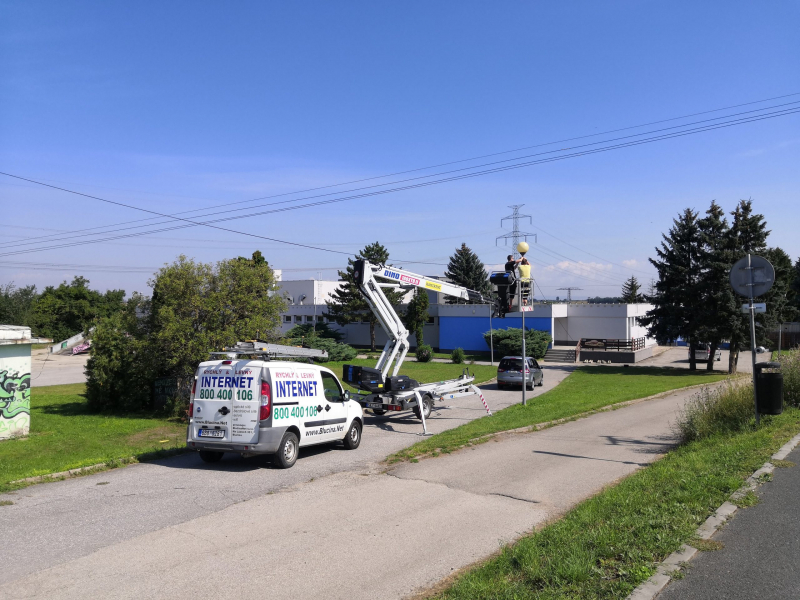
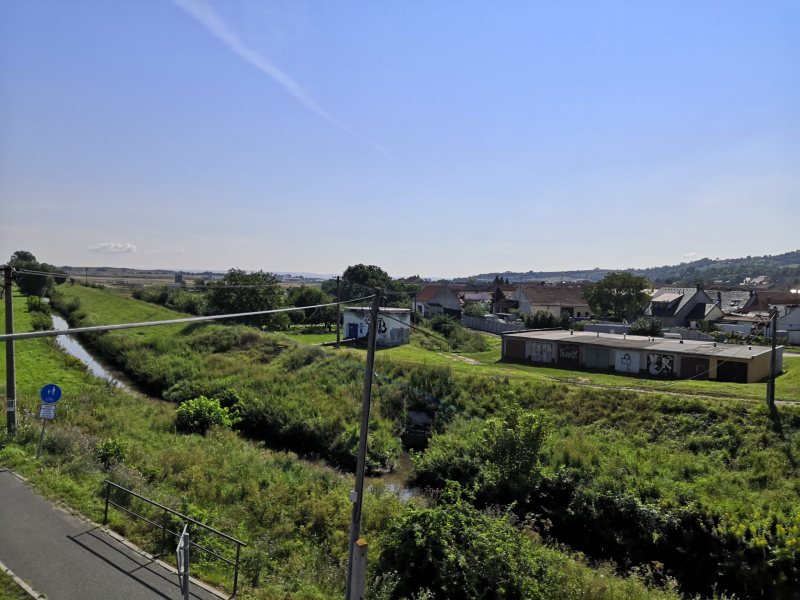
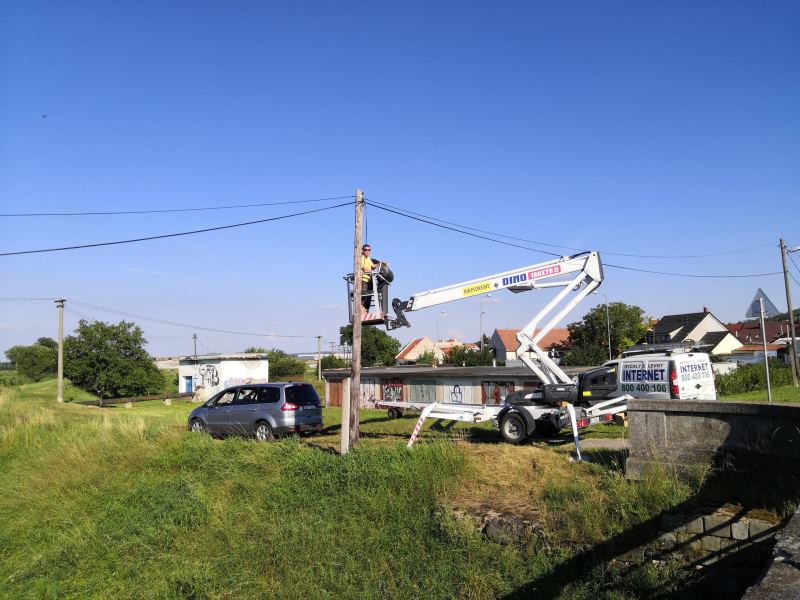

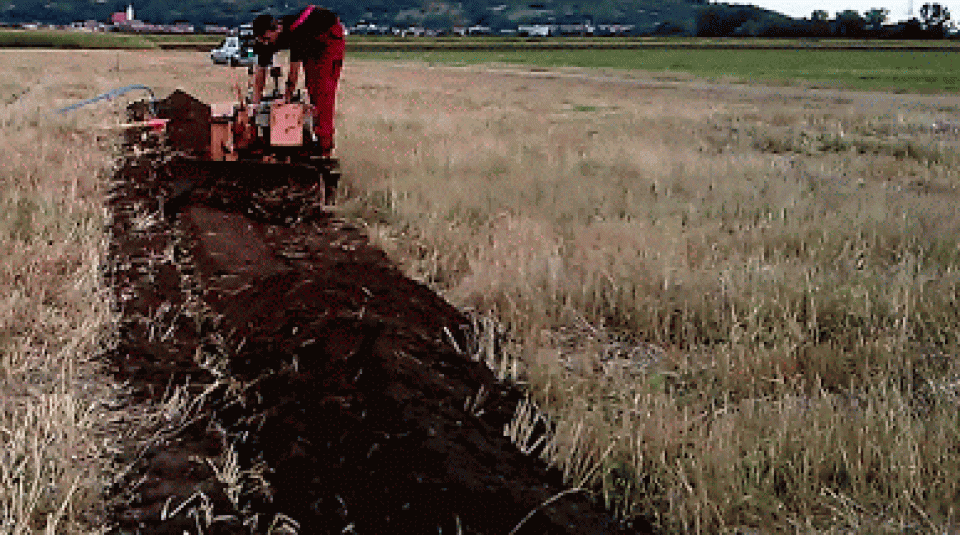


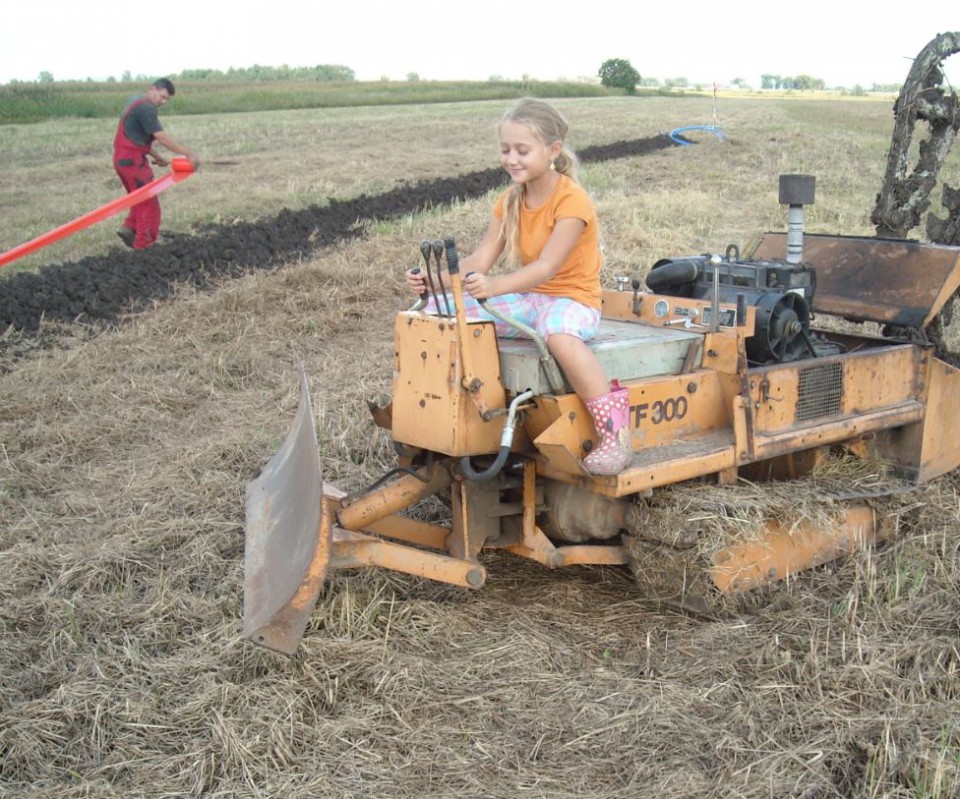


Nejnovější komentáře